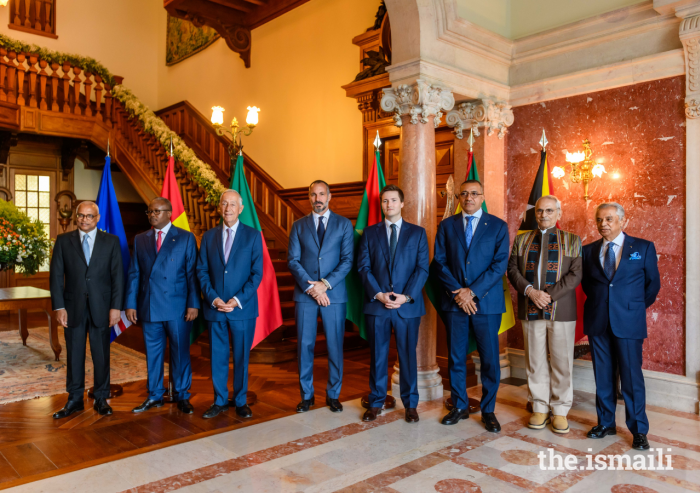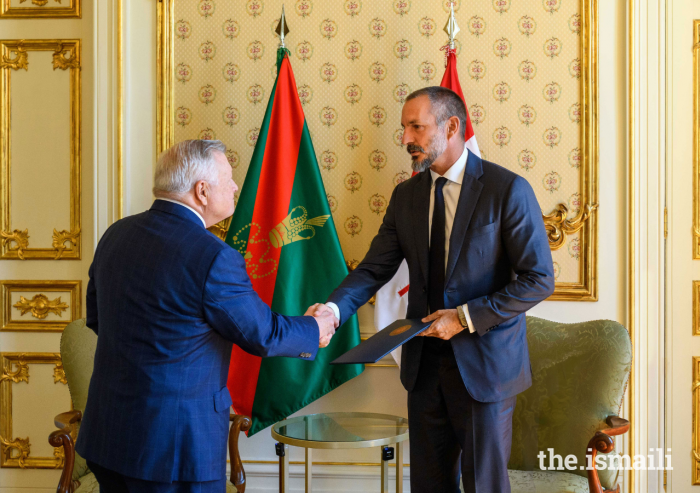Nafisa Rayani from Kenya is the founder of Honeycomb Jewelry, a business that sells custom-made, one-of-a-kind jewelry pieces. Nafisa began making jewelry as a hobby, but after receiving positive feedback from those around her, she decided to focus on the venture full-time. However, a few months after she resigned from her job, the Covid-19 pandemic caused a sharp decline in sales.
Nafisa consulted with people within her network and studied businesses that were doing well during the pandemic to chart a path forward. Before Covid-19, in-person showcases had been a major source of revenue for Honeycomb. However, Nafisa realised she would have to shift her focus to online platforms, which were proving to be crucial for non-essential businesses during the pandemic.
To leverage the potential of social media, Nafisa began expanding her online presence and marketed rigorously through digital platforms. She used her photography and videography skills to post content that showcased the beauty of her pieces and created videos of herself explaining the inspiration behind her jewelry designs. Another impactful step she took was launching an e-commerce portal on her website, allowing customers to purchase her jewelry online.
Reflecting on her journey and the importance of adaptability, Nafisa said, “I’m deeply grateful that my business is doing better than it ever has. I think I can safely attribute that to how much I’ve embraced the digital marketing space.”
In November 2020, UAE-based business Central Ventilation Systems (CVS) received the Qatar Development Bank’s Resilient Award for its response to the pandemic. CVS is a manufacturing business that produces air movement and fire safety products for heating, ventilation, and air conditioning systems. They have been collaborators in many of Qatar’s prestigious construction projects including railway infrastructure, urban complexes, shopping malls, hospitals, hotels, and FIFA World Cup 2022 projects.
When the Covid-19 pandemic spread through Qatar, several businesses in the industrial area were forced to halt operations due to outbreaks among staff. Many of Qatar’s factory workers are migrants from other countries who live in company accommodation, which greatly increases the possibility of such outbreaks. When case numbers in Qatar reached high levels, CVS enforced strict policies to keep their staff safe from the virus. Meanwhile, employees not required to be on site began working from home as much as possible.
Abiding by such stringent restrictions was taxing for both employees and management. However, the determination to keep staff members safe from the virus paid off. Not only did CVS avoid outbreaks among staff, but the company was able to keep operations running and fulfill its commitments. By maintaining a steady revenue stream, they were able to avoid layoffs and pay full salaries to all their employees.
Suhail Barkat Badruddin, General Manager at CVS, noted how the pandemic had highlighted the integral role played by the staff, saying: "The challenges of Covid-19 taught us the importance of employee safety and wellbeing. If it wasn't for the contribution of each and every employee and their role towards protecting themselves and others within the organisation, we would not have been able to get through these times without interruptions. It is the collective and united efforts and sacrifices of our team members that ensured the continuity of our business."
Keeping with the Ismaili tradition of service and unity in times of difficulty, Imamat institutions around the world mobilised to help the Jamat overcome this unprecedented crisis. In the Far East, Jamati leadership launched a number of initiatives to guide the Jamat on navigating the challenging economic environment and reorienting their careers or businesses where necessary. One prominent initiative was an introductory English language course organised for semi-skilled migrant workers to help them bolster their future job prospects and give them more confidence in the workplace. The course received unanimously positive feedback and, following its success, another introductory language course in Bahasa Melayu (Malay language) was also arranged. While targeted towards semi-skilled migrant workers, this course garnered the interest of Jamati members from all walks of life, since Bahasa is the most widely spoken language in Malaysia.
The Far East chapter of the Ismaili Professionals Network (IPN) was also launched to give Ismaili professionals a new avenue to pursue career growth and transitions. The platform enables Far East Jamati members to network with Ismaili professionals from around the world, share expertise, and connect with potential mentors or partners.








